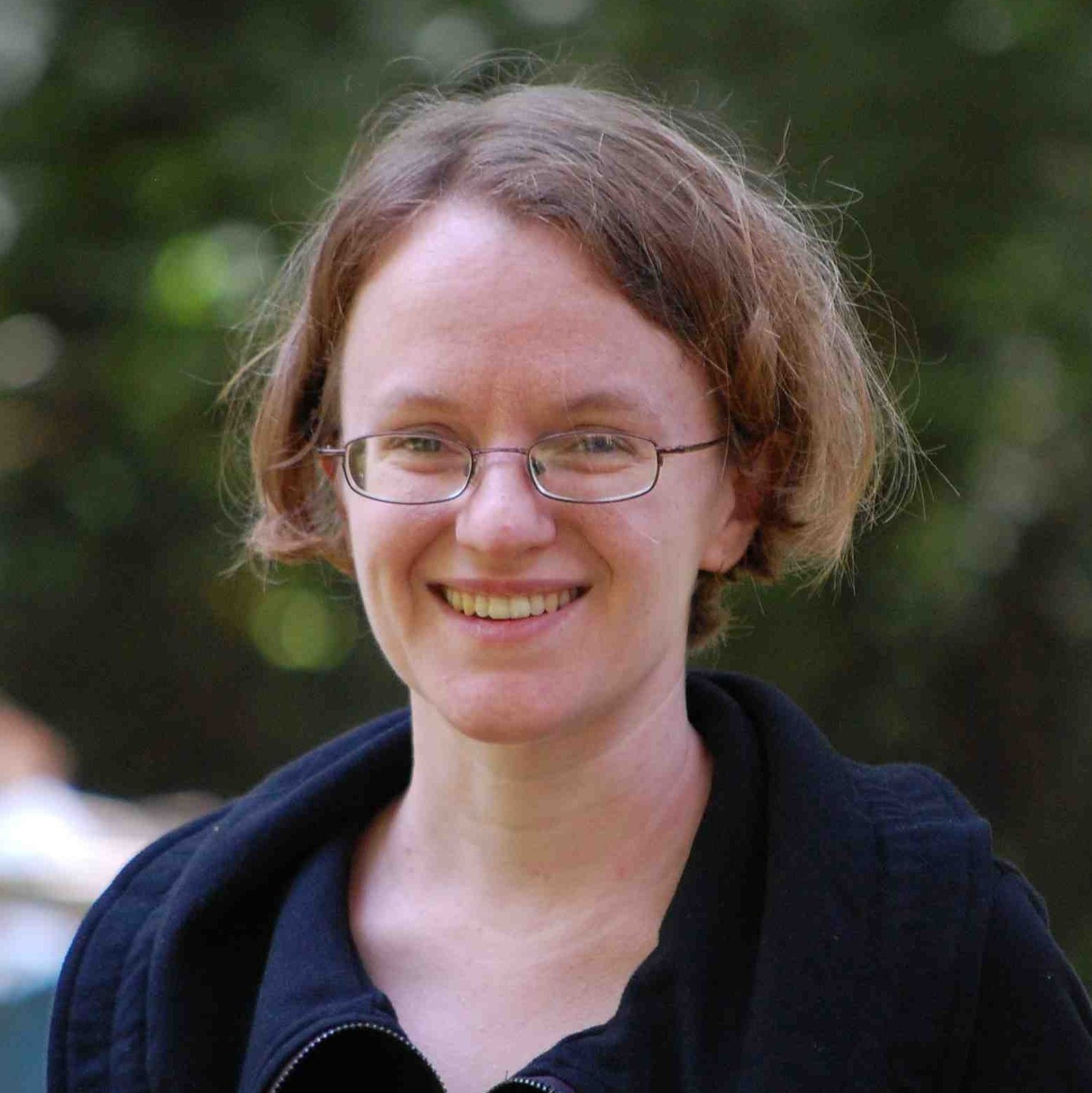Conférenciers invités
 |
Eleftheria Zeggini |
Ele's work aims to help elucidate the genetic determinants of complex human traits by using next-generation association studies to identify novel disease loci.
Ele obtained a BSc in Biochemistry from the University of Manchester Institute of Science and Technology (UMIST) in 1999 and a PhD in Immunogenetics of Juvenile Arthritis from the arc Epidemiology Unit, University of Manchester, in 2003. She then undertook a brief statistical genetics post doc focusing on rheumatic disorders, at the Centre for Integrated Genomic and Medical Research, University of Manchester, before moving to the Wellcome Trust Centre for Human Genetics, University of Oxford, to work on the genetics of type 2 diabetes. In 2006, Ele was awarded a Wellcome Trust Research Career Development Fellowship to examine design, analysis and interpretation issues in large-scale association studies. She joined the Wellcome Trust Sanger Institute Faculty in November 2008 and leads the Analytical Genomics of Complex Traits group. Ele's scientific interests focus on the genetics and genomics of complex traits, primarily cardiometabolic and musculoskeletal phenotypes, and on addressing relevant statistical genetics issues.
http://www.sanger.ac.uk/people/directory/zeggini-eleftheria
|
 |
Ludovic Orlando |
Ludovic Orlando received his PhD in molecular genetics twenty years after the first ancient DNA molecule was ever sequenced. Following 8 years as a Professor of Molecular Archaeology at the Centre for GeoGenetics, Natural History Museum of Denmark, Copenhagen, he relocated his laboratoty to the CNRS, University of Toulouse, France, where he now develops a new integrative institute addressing key evolutionary questions in anthropo-biology. Current research in his lab focuses on developing integrative approaches for studying ancient DNA molecules, promoting the field of palaeomics by the merger of biochemistry, molecular biology, genomics and computational biology. Within the framework of the ERC PEGASUS Consolidator Grant, he specifically applies all these novel approaches to the study of the domestication of one central species for human history: the horse.
http://geogenetics.ku.dk/research_groups/palaeomix_group/
|
 |
Pierre-Antoine Gourraud |
Pierre-Antoine Gourraud is Professeur des Universités Praticien-Hospitalier of the School of Medicine of the Nantes University in France and associate professor at the Department of Neurology of the University of California at San Francisco (UCSF), USA. He is a former student of the Ecole Normale Supérieure de Lyon, France in the department of molecular and cellular Immunobiology.
Prof. Gourraud has developed bioinformatics tools for the study of immunogenetic markers at the NCBI, he performed numerous genetic association studies on various diseases (rheumatoid arthritis, multiple sclerosis, and leukaemia), and he conducted population genetics analyses of European populations (HLA and KIR genes). He developed software dedicated to statistical genetics and designed an algorithm to support decision making for the treatment of haematological diseases and management of Bone Marrow Donor Registries in France and in the US.
https://www.linkedin.com/in/pierre-antoine-gourraud-35779b6/
|
 |
Elizabeth Purdom |
Elizabeth Purdom research is in the field of applied statistics, particularly in developing and applying methodologies to solve statistical problems that arise in biology. Exciting statistical challenges are continually arising in molecular biology as experimental techniques change rapidly, creating new and more complicated data problems to be addressed. Statistically, this requires the development of appropriate estimation methodology and high-dimensional inference for new types of high-throughput data, as well as multivariate analysis techniques as tools for integration of heterogeneous sources of data. Elizabeth Purdom research interests lie in developing statistical methods for high-dimensional data arising in the field of biology and genetics. Her research focus on questions of robust estimation and hypothesis testing for high-throughput biological experiments, in particular gene expression microarrays and next generation sequencing. Elizabeth Purdom is also interested in integration of heterogeneous sources of data, where the data can be multiple experimental platforms or, more generally, arbitrary forms of preexisting biological knowledge such as networks or trees. Statistically, she is interested in questions of high-dimensional inference and multivariate analysis -- problems that arise naturally in trying to create a unified understanding of this type of data.
https://www.stat.berkeley.edu/~epurdom/
|
 |
Emmanuel Levy |
Emmanuel Levy grew up in France. Over the period 2000-2004 he completed his BSc and MSc in France. Emmanuel Levy received his PhD in 2008 from Cambridge University, UK, working at the MRC Laboratory of Molecular Biology. With an EMBO and then an HFSP postdoctoral fellowship, he carried out experiemental research at the University of Montreal (Canada). He then joined the Weizmann Institute of Science as a Faculty member in July 2012.
http://www.weizmann.ac.il/sb/faculty_pages/ELevy/index.html
|
 |
Edda Klipp |
Edda Klipp studies complex biological phenomena by combining computational approaches with experimental methods. Our research interests range from modeling specific signaling and metabolic pathways to whole-cell modeling using e.g. ODE, Boolean and agent-based modeling techniques.
https://www2.hu-berlin.de/biologie/theorybp/
|
|



